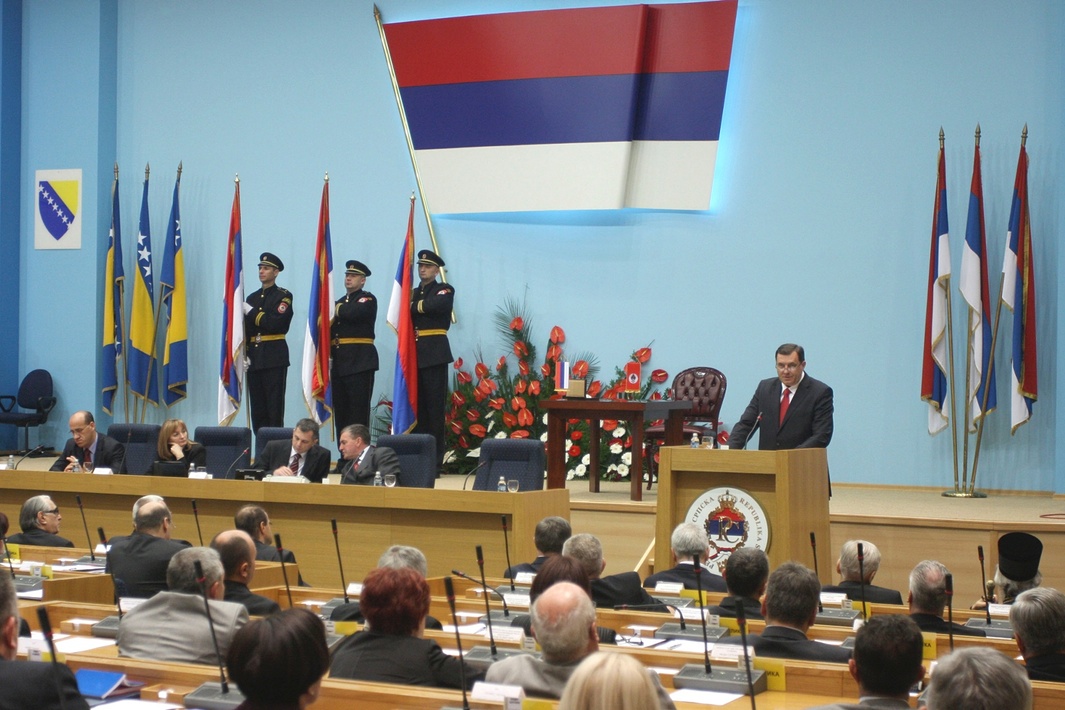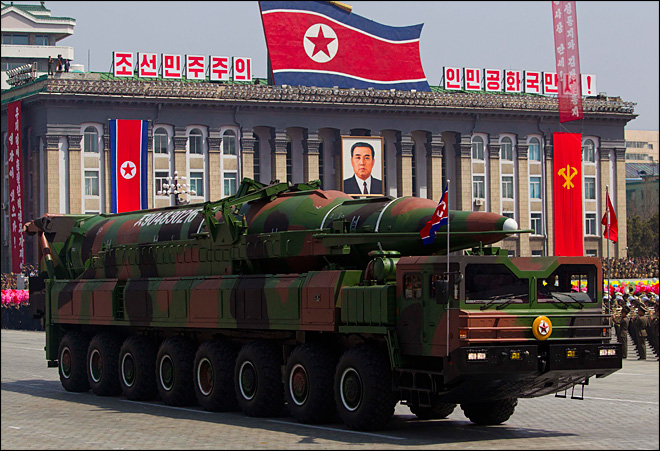
Farah Mohamed Shirdon, a former resident of Calgary recently appeared in a video released by ISIS in which he is heard uttering threats directed at Canada and the U.S. and is seen burning his Canadian passport. Shirdon has since been linked to two other former Calgary residents who lived in the same apartment building and prayed at the same mosque, Damian Clairmont, and Salman Ashrafi who have been killed overseas in Syria and Iraq. Clairmont was killed in January of this year in Syria, reportedly fighting alongside a group of al-Qaida affiliated rebels, while Ashrafi was killed in Iraq as part of a suicide bomb attack which killed 46 people. These have been the most publicized stories of so called “homegrown jihadists”, however CSIS estimates there are around 30 more Canadian nationals fighting in Syria, and some 100 more connected to radical causes in other Muslim countries.
Canada is not the only country exporting Jihadists. In April of 2013, a U.S. federal court charged Eric Harroun, a former U.S. Army private with firing an rocket-propelled grenade while fighting with al-Qaeda affiliate al-Nusra in Syria. And last May it was reported that a convert to Islam, Nicole Lynn Mansfield was killed fighting in Syria. Last month the State Department also announced that a young American from Florida had conducted a suicide truck bomb attack in Syria while fighting with the al-Nusra Front. Latest U.S. intelligence figures estimate that more than 100 Americans have joined the Jihad in Syria. In Europe the numbers are even higher where European officials believe around 2,000 EU citizens have left to fight in Syria and Iraq, with some 500-1000 joining ISIS. France, Germany, UK, and Belgium are all said to have hundreds of citizens fighting in Syria, many with ISIS.

Western intelligence agencies have also just given Turkish authorities a list of 5,000 people who they believe might be attempting to travel to Syria through Turkey in order to join al-Qaeda linked groups. Turkey is used as a transit country as it shares a 1208 km border with Syria and Iraq, and it is relatively easy to gain access as geographic conditions make it hard to control all of the entrances. The list of names comes in response to the claim by Turkey that it was the 6th most visited tourist destination in the world in 2013, which makes its near impossible to identify potential extremists amoung millions of tourists. What makes the situation even more difficult is that it is not technically illegal for someone to travel to Syria or Iraq. This raises the question “Can democratic states prevent their citizens from participating in Jihad?”
Katrin Gierhake, a German criminal lawyer argues that “A state that adheres to the rule of law cannot criminalize a process of inner radicalization” and that “…you can’t ban someone from participating in a civil war.” Canadian Minister of Citizenship and Immigration Chris Alexander has a different take and has stated that “If you are a dual citizen and you commit an act of terrorism in Canada or abroad, you will lose your Canadian citizenship.” While a discussion of the legal issues surrounding this topic would be interesting, perhaps a more important question is why should we care? Some have shrugged off the issue of exporting radicalized Jihadists, stating that once they leave Canada to fight and die on foreign battlefields it is no longer our problem. This may be the case for those who die or for those who burn their passports, but what about the ones that return? Western authorities fear that many who travel to Syria or Iraq are coming back to their countries of origin not only as battle hardened jihadists, but also with the skills and potential mission to carry out attacks in Western countries.

Proof of this has been seen recently in Belgium and France where 29 year old French citizen Mehdi Nemmouch, who had spent a year in Syria, came back and attacked a Jewish museum in Brussels, killing two Israeli citizens and a Frenchman. When searching his apartment police found an AK-47 gun wrapped in a flag with ISIS insignia. In another recent police raid on an apartment of a French citizen in Cannes, police found several crude bombs and other weapons. The resident had also spent 18 months in Syria fighting with al-Nusra. These are only a couple of examples of homegrown jihadists going to Syria and returning to plan or carry out attacks in their home countries.
Intelligence officials in several countries are worried not only about these potential attacks but also of the difficulty in tracking all of these jihadists leaving and returning from these countries. Richard Barrett, the former director of global counterterrorism operations at UK’s MI6 has recently stated that “A lot of the people who have gone to Syria no one has ever heard of. Some don’t have criminal records. It’s going to be very hard to keep track of them.” A senior U.S. intelligence official echoed this sentiment saying that “The NSA does not have the ability to track thousands of bad guys… So we are worried that people are slipping through the cracks.”
While there is much work to be done it would seem that Western governments are taking the potential threat of homegrown jihadists seriously. It will be important for governments to increase information and intelligence sharing especially in Europe where open borders allow EU citizens to move around quite freely. It is beyond this article to find the solutions to this problem of homegrown jihadists, but it is clear that this is an important issue that needs to be researched and addressed. As the numbers show, it is not a simple case of a few people going over to fight in Syria and Iraq. It is large numbers of people leaving and coming back, sometimes without the knowledge of governments, with the potential of carrying out attacks in Western countries.




